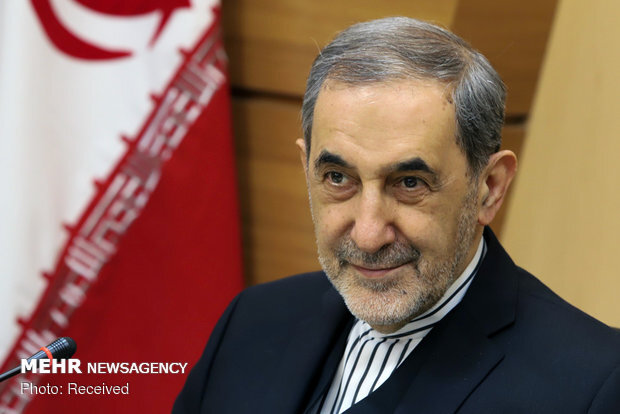Iran ready for higher uranium enrichment: top adviser

TEHRAN – A top foreign policy adviser to the Leader of the Islamic Revolution says the Islamic Republic is ready for higher uranium enrichment because Europe has “indirectly violated” the nuclear deal.
Ali Akbar Velayati said in a Friday interview that Iran may increase the level of its enriched uranium to at least five percent as of July 7, Mehr reported.
The move would come as part of a decision by Tehran to reduce its commitments under the 2015 nuclear deal, officially known as the Joint Comprehensive Plan of Action (JCPOA).
According to Velayati, Tehran will raise the 3.67% limit to any level it deems necessary for its peaceful activities.
“For instance, in order for us to use uranium at the Bushehr reactor, a five-percent purity is needed,” he said, adding, “It is a totally peaceful objective that we generate power from the reactor jointly built by Iran and Russia.”
The top advisor also said Tehran will not walk away from the JCPOA unless the other sides withdraw from it first.
“We definitely won’t initiate any move, unless the other side makes it first … The Americans have violated the JCPOA directly and the Europeans have done so indirectly. Therefore, we will show reaction exactly proportional to the extent of their breach of the deal,” he explained.
Since the U.S. withdrew from the JCPOA in May 2018, the Islamic Republic has insisted that European parties to the deal – Britain, France and Germany – are responsible for safeguarding Iran’s interests under the international pact.
On January 31, the three European countries announced the creation of INSTEX, a banking mechanism devised by European countries to do business with Iran, nine months after the U.S. withdrawal.
On March 20, Iran’s central bank governor Abdolnaser Hemmati announced that a mechanism similar to INSTEX has been registered in Iran, officially called the Special Trade and Finance Institute (STFI).
The trade mechanism has not become operational yet.
Iranian officials argue that even if the mechanism becomes operational, it would be restricted to foodstuff, medicine and medical equipment and would not be useful for oil exports and banking transactions.
MH/PA
Leave a Comment